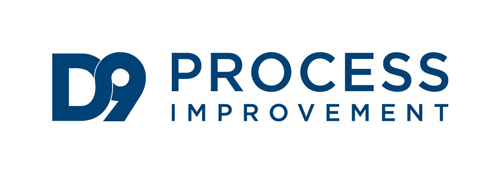Description:
A two-day course to give you the tools and skills to lead small-scale improvement projects in your workplace using Lean Six Sigma
When:
2-day classroom training. Dates to be confirmed
Email to register your interest in the class
Where:
Venue to be confirmed
Who Should Attend?
As this is a hands-on workshop, participants will leave the course with skills they can implement immediately and understand the project methodology to run & complete a Lean Six Sigma project. Strongly relevant to managers & supervisors responsible for the results of their teams, as well as anyone connected with a process in need of improvements. Equally suitable for non-profit organisations
What to Expect
This workshop is an extension of the one-day White Belt class with a deeper dive into the Lean Six Sigma tools and techniques. You will develop the knowledge to run and complete a small-scale Lean Six Sigma project, and develop the confidence to lead a team to implement improvements
Certification:
To become a certified Yellow Belt each student will need to complete these two steps;
- Attend the training
- Complete an online exam (80% pass rate)
Course Outline
- Module 1 – Define
- What is Lean, Six Sigma and Lean Six Sigma
- Lean Six Sigma principles
- Waste categories measured in Lean
- The Importance of Variance Reduction in work processes
- How to Determine the Cost of Poor Quality
- How to establish customer driven specifications (Upper and Lower Spec Limits, Target, and Range)
- Six Sigma Classroom Simulation – Baseline
- Input-Process-Output diagram
- How to Implement a Lean program in your company
- Module 2 – Measure
- Pareto Diagram
- Process Mapping
- Process Flow diagram
- Basic Lean Six Sigma Statistics
- Concepts of Measurement System Analysis
- Process Capability with Customer Specifications
- Cause and Effect diagram
- Identify Constant and Noise variables
- Reduce Noise Variables with Standard Operating Procedures
- Six Sigma Classroom Simulation – Improve
- How to track a process with a Scorecard
- Theory of Constraints
- Module 3 – Analyse-Improve-Control
- Lean Classroom Simulation – Baseline
- 5S
- Visual Controls
- TPM
- SMED
- JIT
- Kanbans
- Poke-Yoke (Error Proofing)
- Kaizen Blitz
- Lean Classroom Simulation-Improve
- Control Plans
- Capturing Benefits
